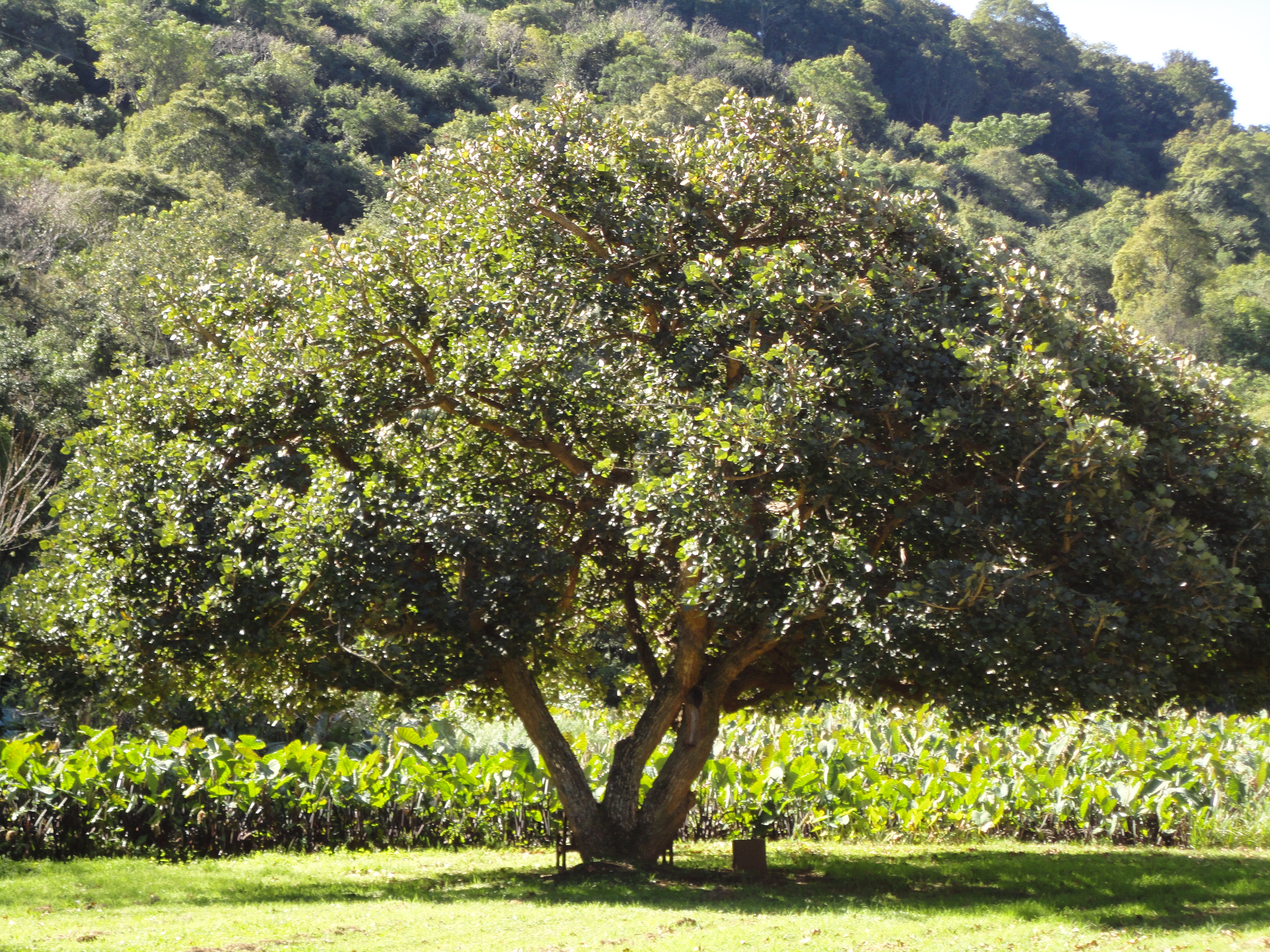Botanists Vote to Remove Racial Slur From Hundreds of Plant Species Names
In a first for taxonomy, researchers opted to change scientific names containing derivatives of the slur “caffra” to derivatives of “afr,” in reference to the plants’ origins in Africa
:focal(489x391:490x392)/https://tf-cmsv2-smithsonianmag-media.s3.amazonaws.com/filer_public/60/a1/60a18753-bcce-407c-8df3-a9923f43ab4d/dovyalis_caffra01.jpg)
After six days of heated discussions, 556 researchers at the International Botanical Congress in Madrid conducted a secret ballot vote on whether to eliminate a “c” in more than 200 scientific names of plants.
On Thursday last week, the measure passed 351 to 205, reports Nature News’ Ewen Callaway. The nomenclature change will modify the names of species with derivatives of the word caffra, an apartheid-era racial slur used against Black people in southern Africa, to derivatives of “afr,” signaling the species’ African origins. For example, the coast coral tree Erythrina caffra will be called Erythrina affra. This decision marks the first time taxonomists have voted in favor of changing offensive scientific names.
“This is an absolutely monumental first step in addressing an issue that has become a real problem in botany and also in other biological sciences,” botanist Sandy Knapp of the Natural History Museum in London, who managed the weeklong nomenclature session, tells the Observer’s Robin McKie. “It is a very important start.”
The nomenclature proposal was initiated by Gideon Smith and Estrela Figueiredo, two plant taxonomists at Nelson Mandela University in South Africa who have spent years campaigning for the international taxonomy system to allow the changes of offensive plant and animal names.
“[We] express our gratitude to our colleagues from around the globe who supported our efforts to rid botanical nomenclature of a despicable, racial slur,” Smith says to Science’s Rodrigo Pérez Ortega and Erik Stokstad.

On the same day, the botanists in Madrid also voted on another proposal brought forward by Kevin Thiele, a plant taxonomist at the Australian National University. Thiele originally suggested a broad rule to permit the modification of any offensive species names, but the measure that passed was a watered-down version, he tells Nature News. While a new special committee will now be able to flag problematic species names for review, it is not allowed to consider names given before 2026.
Taxonomists usually resist name changes, because correcting a species’ name would require updating databases or editing the text of legislation on protected species.
Alina Freire-Fierro, a botanist at the Technical University of Cotopaxi in Ecuador who was not involved with the proposal, tells Nature News that though she’s glad the measure passed, it might lead to other changes that “could potentially cause a lot of confusion and problems to users in many fields aside from botany.” Other researchers simply argue that species names shouldn’t be influenced by social movements, writes Science.
The debate extends beyond plant names. Last year, the American Ornithological Society decided to change the English common names of birds named after people, as well as birds with offensive names. The birds’ scientific names, however, will remain the same.
Other animals have retained problematic names, such as Anophthalmus hitleri, a brown beetle named after Adolf Hitler, and Hypopta mussolinii, a moth named after Benito Mussolini. Last year, however, the International Commission on Zoological Nomenclature declined to make changes to any animal scientific names. Some researchers have argued for an end to the practice of naming species after people to avoid complications.
The taxonomy community remains divided, but Knapp tells the Observer there’s more work to be done: “We need to make more changes to the rulebook. However, you never get anywhere until you start taking steps, and we have done that at last.”
/https://tf-cmsv2-smithsonianmag-media.s3.amazonaws.com/accounts/headshot/Margherita_Bassi.png)
/https://tf-cmsv2-smithsonianmag-media.s3.amazonaws.com/accounts/headshot/Margherita_Bassi.png)